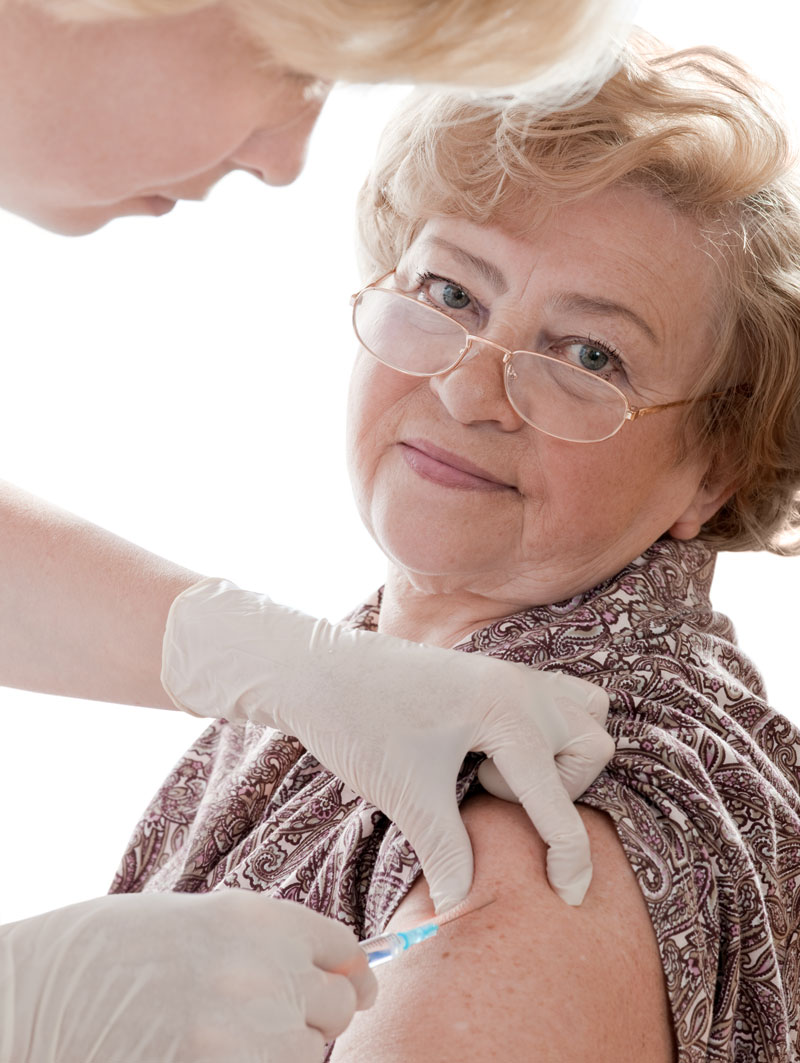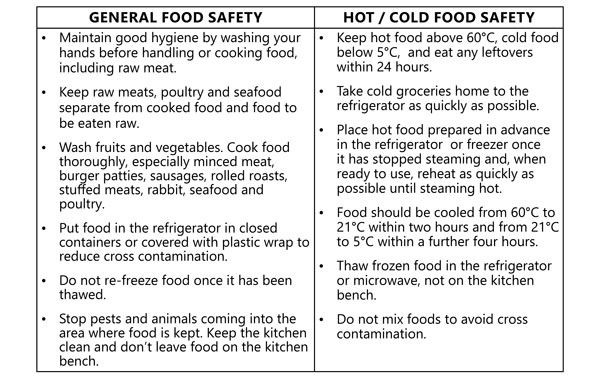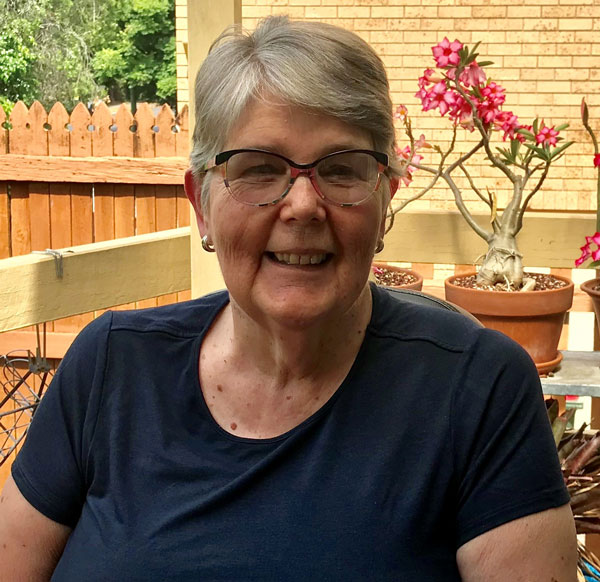
Jubilee Community Care has been successful in achieving ISO 9001:2015 Certification. ISO is a network of the international standards of 162 nations with a Central Secretariat in Geneva, Switzerland that coordinates the system.
ISO 9001:2015 Certification is an important seal of approval illustrating Jubilee’s commitment to the operating standards of the internationally-recognised ISO management system. The certification highlights our credibility and is evidence that we will fulfil our service promises, our focus on high-quality customer service and satisfaction, and ultimately aged care service excellence.
Whilst ISO certification does not ensure success or profit, Jubilee firmly believes that following the ISO Standards in implementing a quality management system results in satisfied customers, repeat business, satisfied employees and continual improvement.








